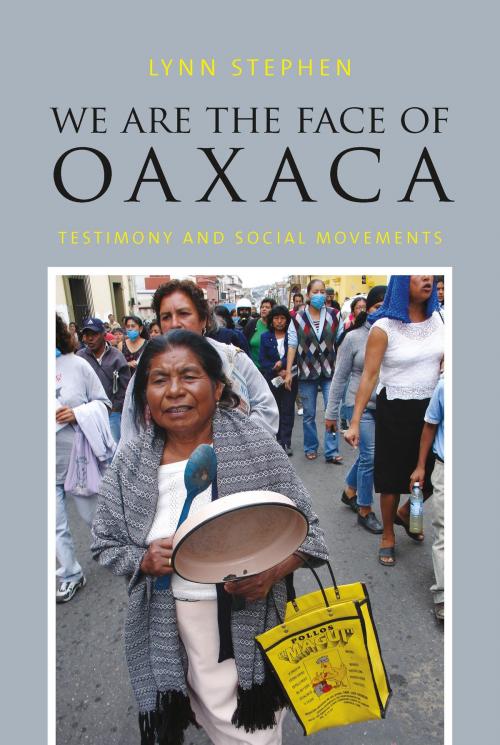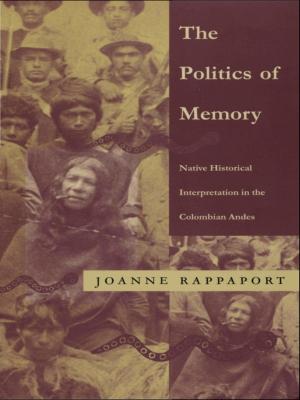We Are the Face of Oaxaca
Testimony and Social Movements
Nonfiction, Social & Cultural Studies, Social Science, Cultural Studies, Native American Studies, History, Americas, Mexico, Anthropology| Author: | Lynn Stephen | ISBN: | 9780822377504 |
| Publisher: | Duke University Press | Publication: | October 16, 2013 |
| Imprint: | Duke University Press Books | Language: | English |
| Author: | Lynn Stephen |
| ISBN: | 9780822377504 |
| Publisher: | Duke University Press |
| Publication: | October 16, 2013 |
| Imprint: | Duke University Press Books |
| Language: | English |
A massive uprising against the Mexican state of Oaxaca began with the emergence of the Popular Assembly of the Peoples of Oaxaca (APPO) in June 2006. A coalition of more than 300 organizations, APPO disrupted the functions of Oaxaca's government for six months. It began to develop an inclusive and participatory political vision for the state. Testimonials were broadcast on radio and television stations appropriated by APPO, shared at public demonstrations, debated in homes and in the streets, and disseminated around the world via the Internet.
The movement was met with violent repression. Participants were imprisoned, tortured, and even killed. Lynn Stephen emphasizes the crucial role of testimony in human rights work, indigenous cultural history, community and indigenous radio, and women's articulation of their rights to speak and be heard. She also explores transborder support for APPO, particularly among Oaxacan immigrants in Los Angeles. The book is supplemented by a website featuring video testimonials, pictures, documents, and a timeline of key events.
A massive uprising against the Mexican state of Oaxaca began with the emergence of the Popular Assembly of the Peoples of Oaxaca (APPO) in June 2006. A coalition of more than 300 organizations, APPO disrupted the functions of Oaxaca's government for six months. It began to develop an inclusive and participatory political vision for the state. Testimonials were broadcast on radio and television stations appropriated by APPO, shared at public demonstrations, debated in homes and in the streets, and disseminated around the world via the Internet.
The movement was met with violent repression. Participants were imprisoned, tortured, and even killed. Lynn Stephen emphasizes the crucial role of testimony in human rights work, indigenous cultural history, community and indigenous radio, and women's articulation of their rights to speak and be heard. She also explores transborder support for APPO, particularly among Oaxacan immigrants in Los Angeles. The book is supplemented by a website featuring video testimonials, pictures, documents, and a timeline of key events.















